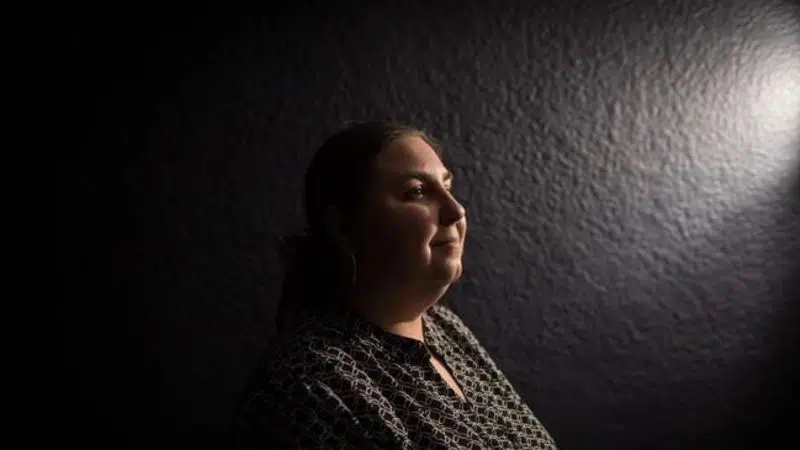
Some disabled Canadians feeling left out of discussion during election campaign
Amy Amantea tuned in to the English-language federal leaders’ debate with modest hope there would be at least some discussion of issues relevant to disabled Canadians.
The first half of the campaign had passed with barely a reference, even from the party that had delivered a historic achievement in national disability policy. Earlier this year, the Liberals made good on a 2015 campaign promise when the Accessible Canada Act received royal assent, marking the first time any government had enacted accessibility legislation at the federal level.
The government estimates one in five Canadians over the age of 15 is disabled, and Amantea, who is legally blind, hoped leaders would use the Oct. 7 debate to address some of the many issues they face. But those hopes faded as the debate progressed, giving way instead to doubts about how Canada’s disabled residents would fare after the Oct. 21 election.
“We have a lot of very unique needs and circumstances in our community that don’t get addressed,” Amantea said in a telephone interview from Vancouver. “Just a nod, just a mention would have been kind of nice, but it was not to be.”
